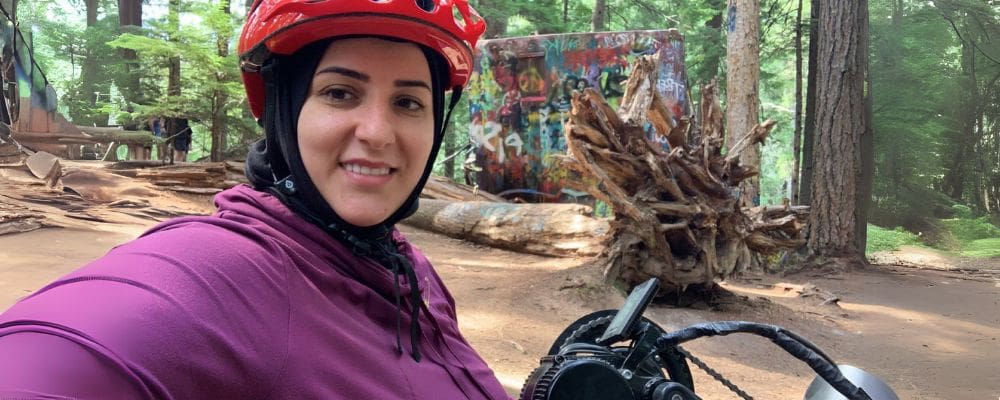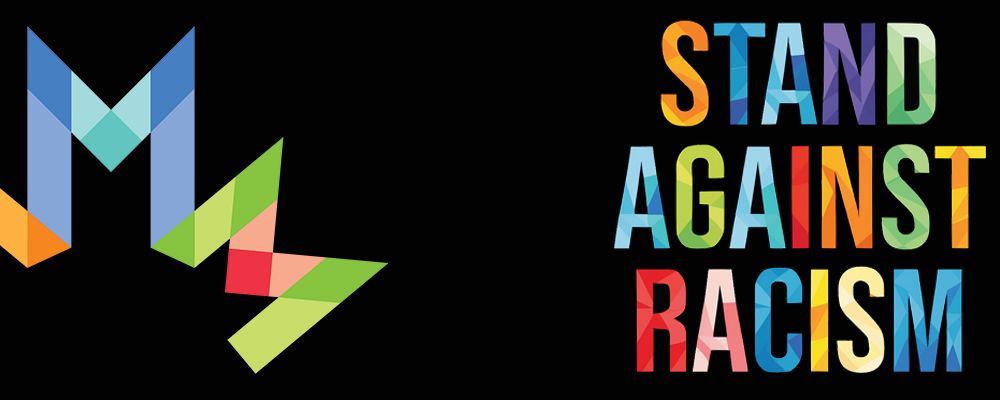On September 30, we observe the National Day for Truth and Reconciliation—a solemn day of remembrance, learning, and collective responsibility. It honours the children who never came home from residential schools, the Survivors, their families, and the communities who continue to carry the intergenerational trauma of Canada’s colonial systems and Canada’s commitment to Truth and Reconciliation.
This day is also known as Orange Shirt Day, inspired by the story of Phyllis Webstad, a residential school Survivor whose new orange shirt was taken from her on her first day at school. Her story, and the movement that grew from it, reminds us all that Every Child Matters.
Why This Day Matters
Residential schools operated in Canada for over 150 years, forcibly removing Indigenous children from their families, languages, and cultures. The Truth and Reconciliation Commission (TRC) documented over 150,000 children who attended, with thousands never returning home. The impacts are not only historical, but they are also present and ongoing, shaping health, education, justice, and social outcomes for Indigenous Peoples today.
The TRC’s 94 Calls to Action remain a roadmap for reconciliation. Many of these Calls are directly connected to the work we do at MOSAIC: education, settlement, health, social services, and advocacy. Observing this day is part of acknowledging our shared responsibility to ensure that truth is not forgotten and that reconciliation is woven into our daily work.
How We Can Honour the Day
- Wear Orange – Wearing orange on September 30 is a visible act of solidarity, showing that Every Child Matters.
- Learn and Reflect – Read the stories of Survivors, explore the Truth and Reconciliation Commission’s 94 Calls to Action, and engage with the MMIWG2S Calls for Justice.
- Go Beyond the Land Acknowledgment – Land acknowledgments are important, but they must be paired with meaningful action. At MOSAIC, we are deepening our commitments by integrating reconciliation into our programs and building partnerships with Indigenous communities.
- Attend Community Events – Listening to Indigenous voices in community spaces is an act of respect and solidarity.
- Commit to Ongoing Change – Reconciliation is not just one day a year. It’s a daily practice of challenging colonial systems, unlearning biases, and amplifying Indigenous leadership.
- Educating ourselves intentionally by reading books or taking courses that are Indigenous-authored.
- Think about how you can deconstruct bias in your own work by examining how colonial assumptions or unconscious bias may show up in work, in policymaking or service delivery.
- Reflect on our own relationship to the Land. Learn about the territories we live, play, and work on, and consider our own personal responsibilities to the Land.
The National Day for Truth and Reconciliation is not a holiday; it is a call to action. It asks us to listen to Survivors, honour those who were lost, and commit to creating a Canada where Indigenous children and families can thrive. We ask that on the 30th, you use the time to engage in a way that honours the ethos of the day itself.
At MOSAIC, we recommit ourselves to walking this path with humility, respect, and responsibility.
Warm Regards,
MOSAIC Centre for Diversity Team




